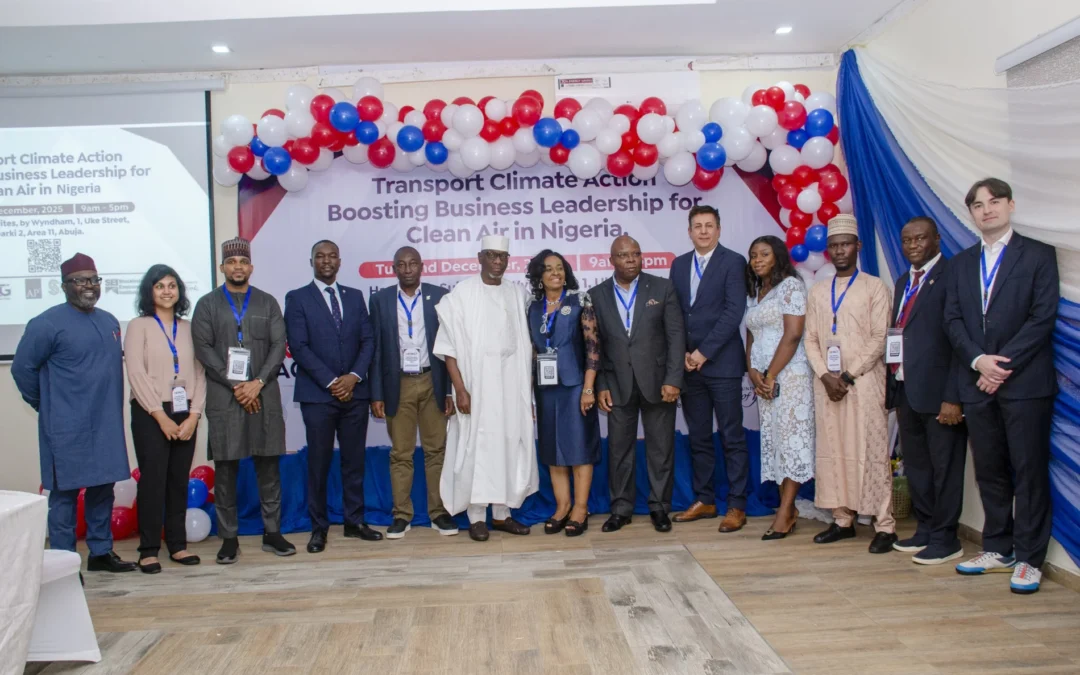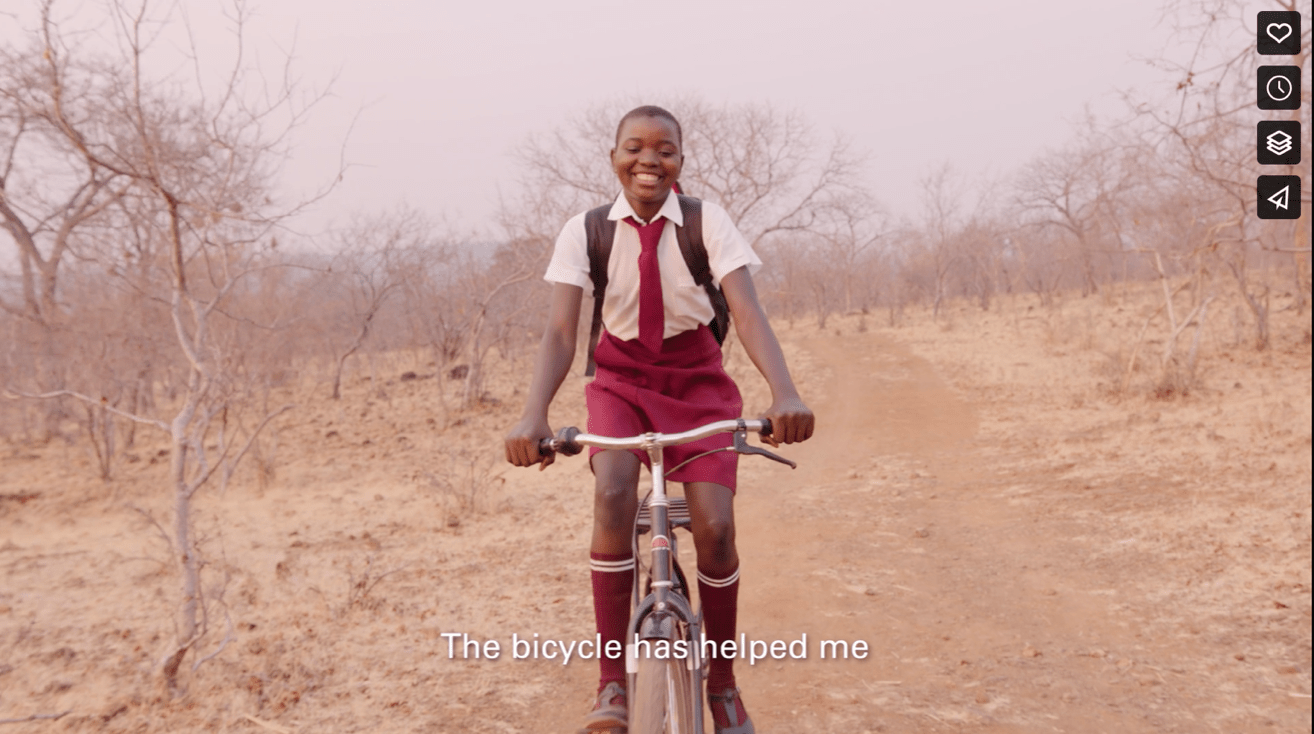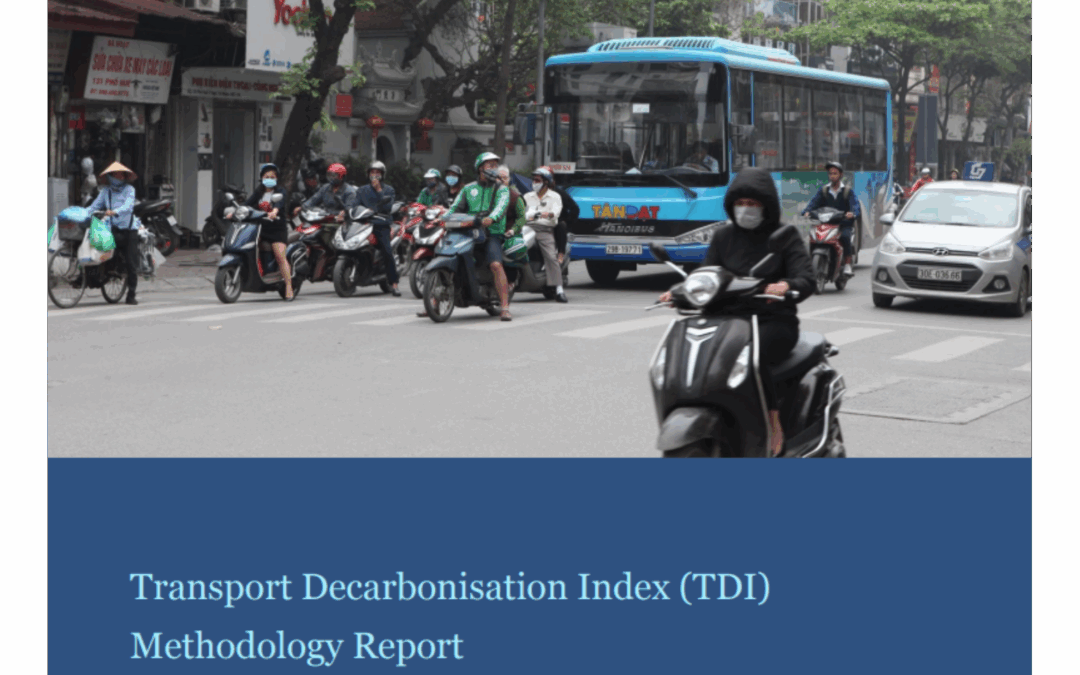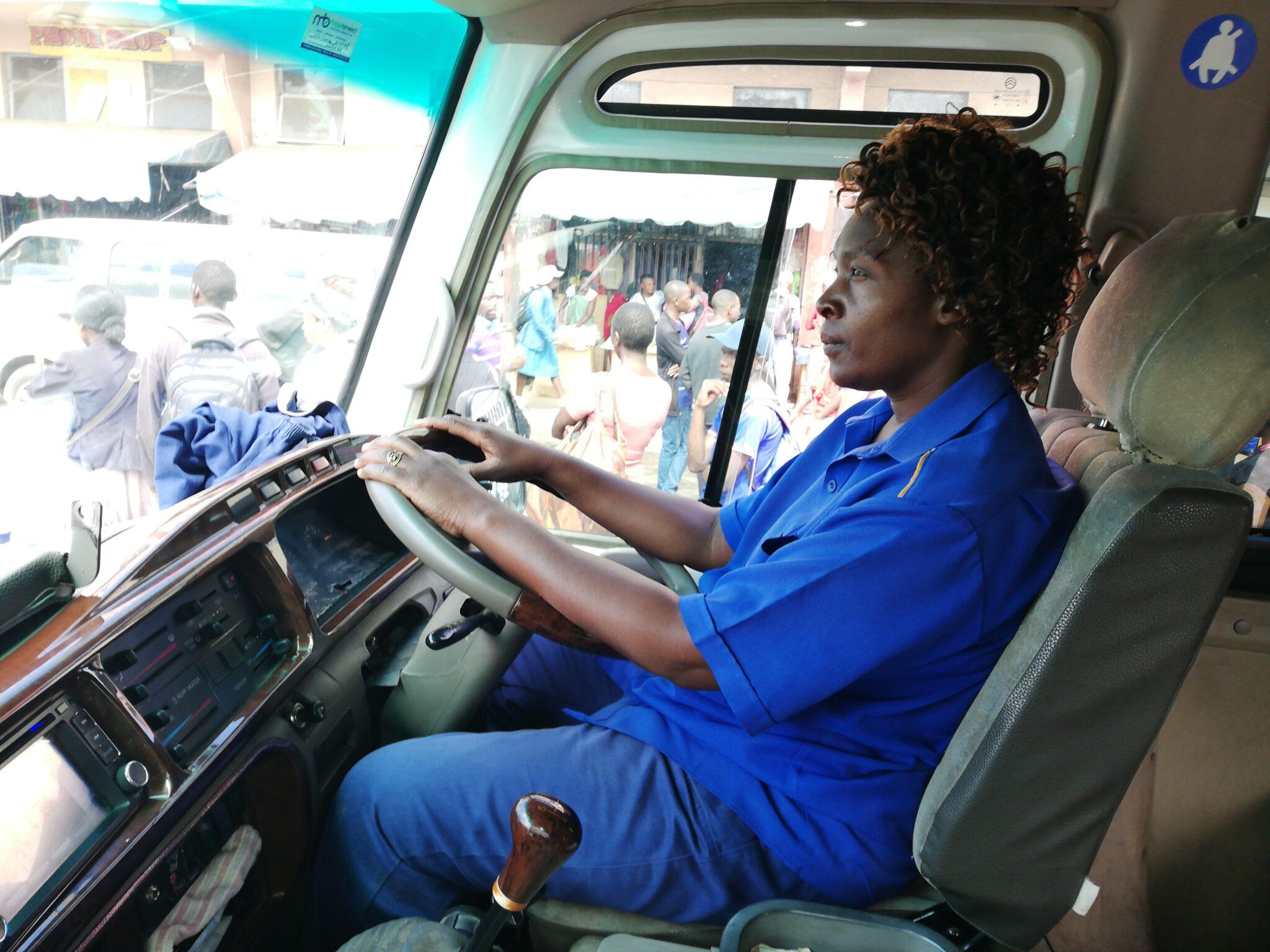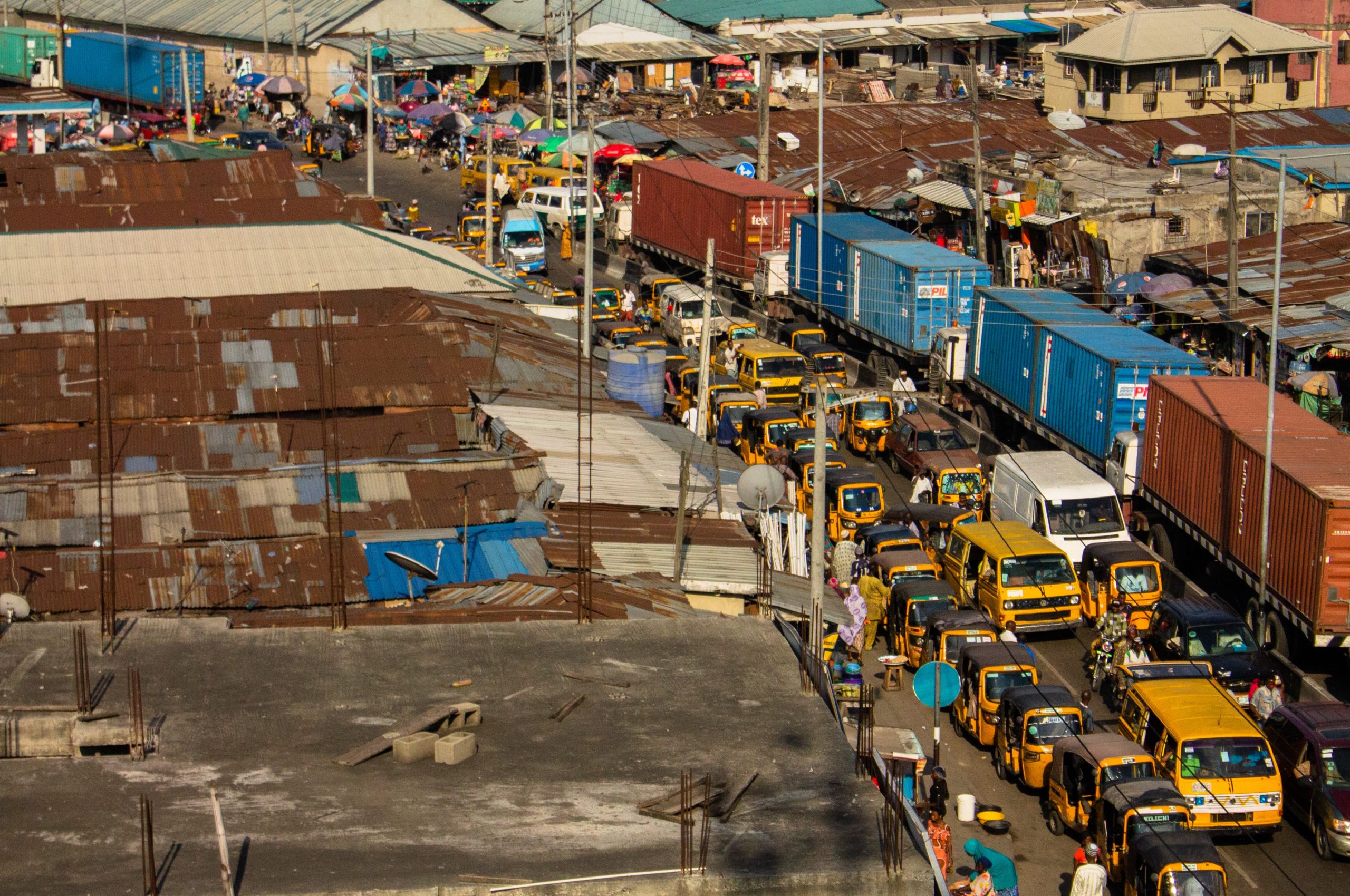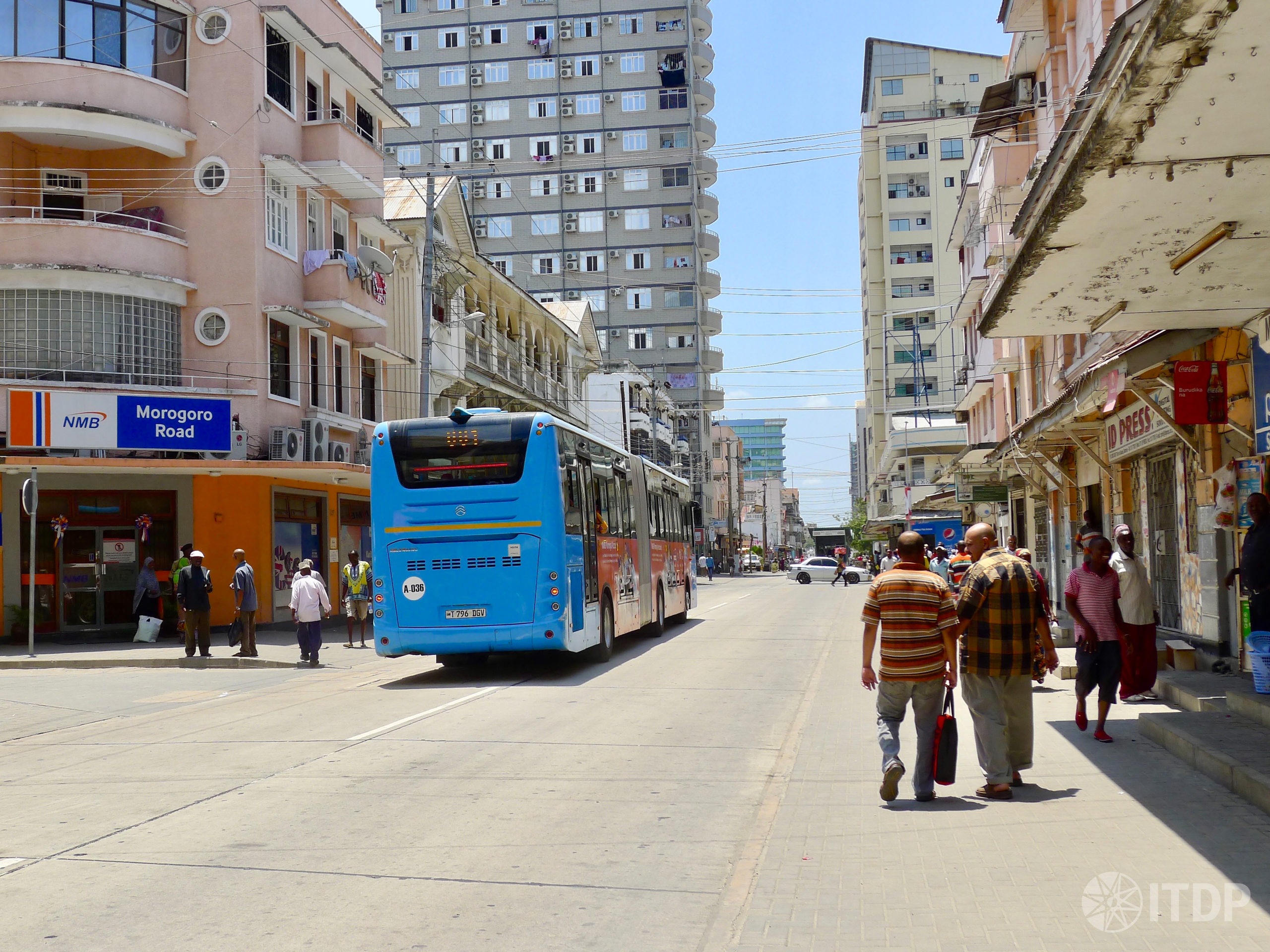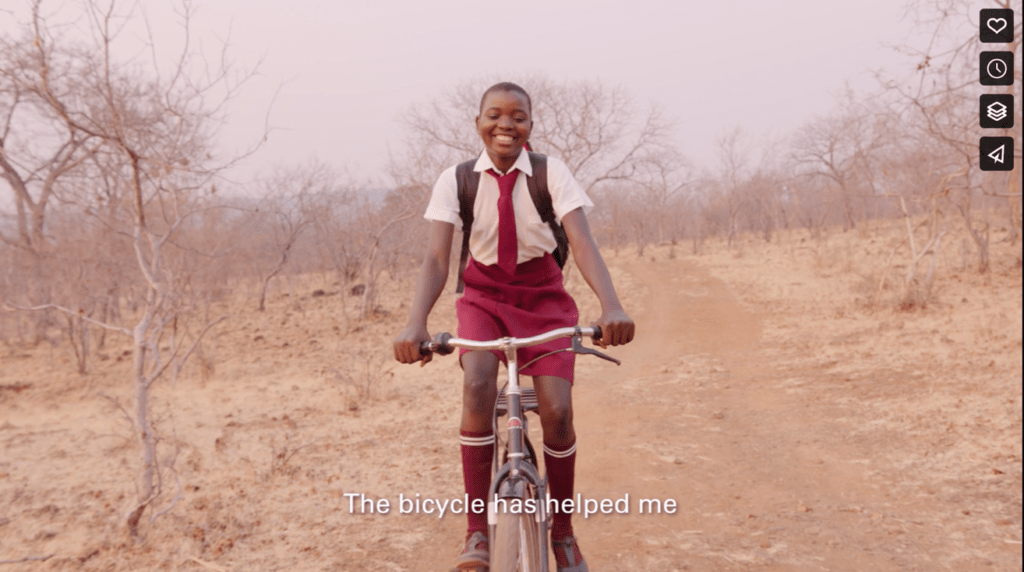
Photo courtesy of World Bicycle Relief (2022).
Smile’s story: How bicycles help young girls in rural Africa feel safer, get to school on time and change their lives
Smile travelled 4 kilometres roundtrip to get to school everyday. She was often late, tired and worn out from walking 45 minutes each way everyday. When she received her first bicycle, all of that changed. She was able to go to school faster and earlier, which allowed her to spend more time on her studies and family.
Smile lives in a small village adjacent to Victoria Falls Town in northwestern Zimbabwe, near the Zambian border. She is an orphan who lives with her grandparents in the Hwange District where more than 80% of the people live below the poverty line and the majority are smallholder farmers. Her future may appear limited, but with her new bicycle and sense of confidence, she believes she can fulfil her dream of becoming an accountant to better support her family.
“When I received the bicycle, I felt excited. It helped me get to school before lessons started. I dream that other children can get a bicycle so that they can overcome distance and they can go to school every day,” she said.
Smile’s family is part of more than a billion people who live in rural areas with little or no access to reliable roads and affordable transport—that’s one out of every eight people in the world—including 70% of Africa’s rural population. They lack reliable access to healthcare, education and economic opportunities.
World Bicycle Relief is helping to change that by working in partnership with social enterprises in Africa, Asia and Latin America that have delivered more than 650,000 bicycles to people in rural regions in more than 20 countries. Most of the recipients are young girls who are inordinately affected by the lack of transport choices as they are often the ones who face the largest barriers to education, healthcare and economic opportunities.
A study by Brookings Institution shows that when girls are provided with bicycles to support their journeys to schools, the benefits are indisputable:
- 66% of girls were more likely to arrive at school on time;
- 28% were less likely to be absent;
- 22% were less likely to be harassed on their way to school;
- 33% were less likely to leave school or miss it due to safety concerns; and
- 19% were less likely to drop out.
And while these results are remarkable, benefits for the climate are also promising.
Climate change, rural development and the need to increase investments
Smile’s experience is echoed across Africa. More than 450 million people in Africa (or 70% of rural Africans) walk or cycle almost an hour every day to reach essential services, school or work. However, investments in rural infrastructure often overlook the priorities to build and maintain climate-resilient roads, pathways and bridges. Building new and/or improving existing infrastructure for walking and cycling would greatly enhance the prosperity of rural communities, especially through safer routes, reductions in air pollution, less congestion, affordable transport choices and the shift from driving cars to more sustainable, low carbon modes.
The vast majority of climate funding is spent on decarbonisation in urban centres. Rural communities are often neglected, with more than 450 million people in Africa living in rural areas with limited or no access to affordable and safe transport infrastructure and services. The return on climate investment would pay off in the form of increased jobs and wages, new and additional tax revenue for governments, improved education and health and reduced GHG emissions.
With these challenges in mind, development priorities need to include building, enhancing and maintaining rural infrastructure to connect the millions of people who live in rural communities to the services, products and opportunities needed to support thriving livelihoods.
Walking and Cycling in Africa, a report by UNEP, UN Habitat and the Walk21 Foundation, outlines the many benefits of walking and cycling for mitigation and adapting to climate change.
Bicycle use contributes to climate change mitigation, but systematic transformation is needed.
While Smile is focused on staying in school, helping her family and fighting for a better life, she is also contributing to a greener, more sustainable future. Bicycles are not only more affordable, they also do not require additional investments in fossil fuel to power them. They offer more carrying capacity than just walking, which means households can increase agricultural sales volume while keeping expenses low. They reduce commuting time, which means Smile and others can get more done. And importantly, they do not emit pollutants or require other inputs.
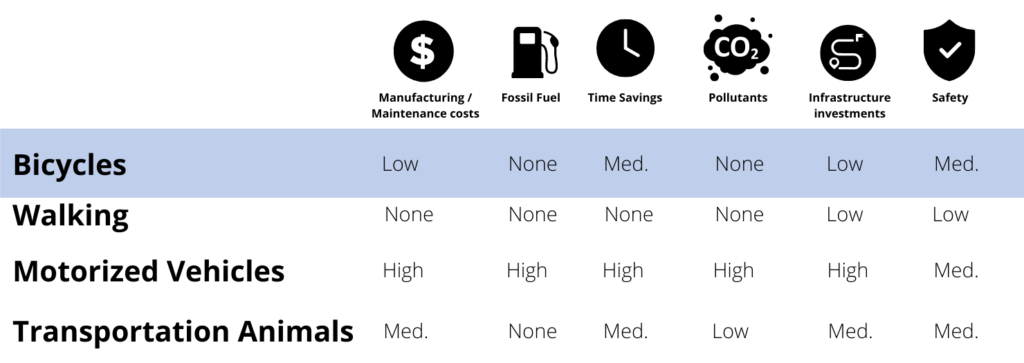
The evidence is clear but unfortunately, rural mobility is still not getting the needed attention in the United Nations Framework Convention on Climate Change (UNFCCC) process and the UN Climate Change Conferences, neither is it formally part of the 17 Sustainable Development Goals (SDGs) of the 2030 Agenda adopted in 2015. But they should be. With COP27 being held in Egypt this year, this issue is of particular importance. We support and urge the United Nations to:
- Pass a resolution that officially embeds rural transport in the climate change and sustainable development global processes, with bicycles recognised as an integral and equal mass transport
- Encourage member countries to include cycling across international, regional, national and sub-national development policies and programmes.
- Facilitate a global compact to eliminate import duties on bicycles in low-income nations, effectively ending the tax on the poor.
Organisations like the Africa Network for Walking and Cycling (ANWAC), launched in October 2020, serve as a catalyst for convening and collaboration to support more than 1 billion people who walk or bicycle every day to access healthcare services, markets and schools through advocacy, education and partnerships. This is just the beginning.
A movement has started. In June 2022 in Kigali, Rwanda, at a pan-African mobility forum, representatives from UNEP, UN-Habitat, ANWAC, Walk21 Foundation, FIA Foundation, over 100 government officials from across the continent and other organisations launched the Pan-African Action Plan for Active Mobility (PAAPAM). Facilitated by UNEP with the support of regional partners, the aim is to work with African governments to make 5-year commitments under PAAPAM to advance walking and cycling across the continent. We look forward to supporting these efforts and helping to improve rural access to healthcare, markets, and schools for students like Smile.

Farayi Mtangadura
Farayi Mtangadura leads institutional partnerships for World Bicycle Relief in Africa based in Zimbabwe. He led World Bicycle Relief’s operations in Malawi from 2017-2021. He also served as marketing and sales director for Olivine Industries in Zimbabwe.

Farayi Mtangadura
Farayi Mtangadura leads institutional partnerships for World Bicycle Relief in Africa based in Zimbabwe. He led World Bicycle Relief’s operations in Malawi from 2017-2021. He also served as marketing and sales director for Olivine Industries in Zimbabwe.









